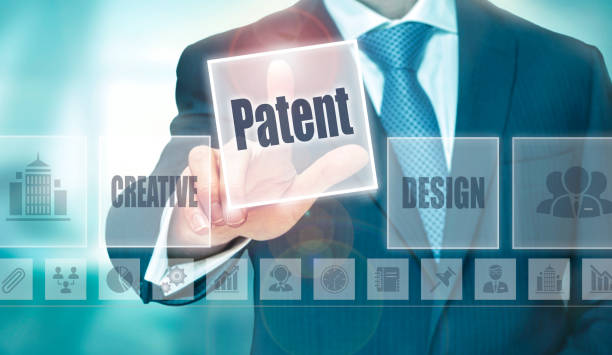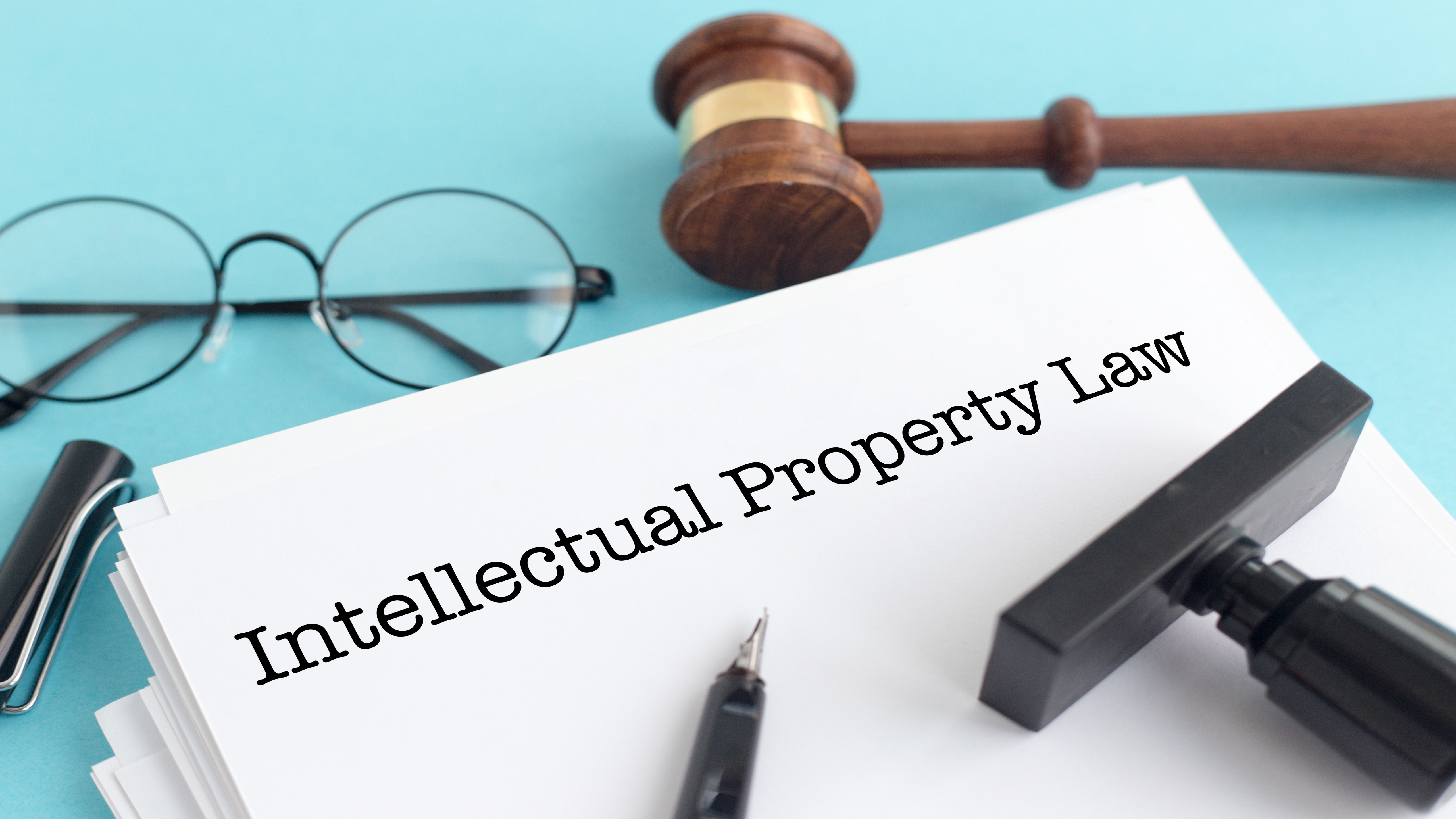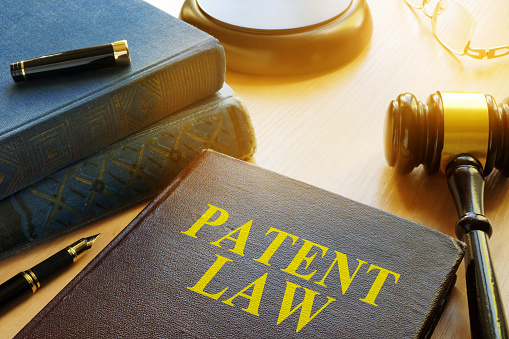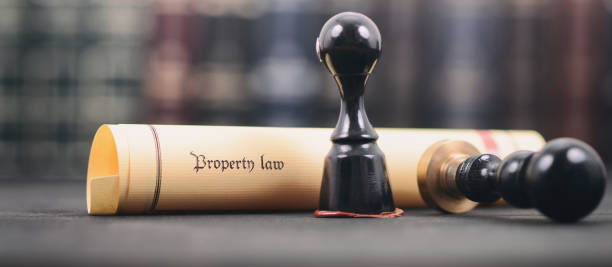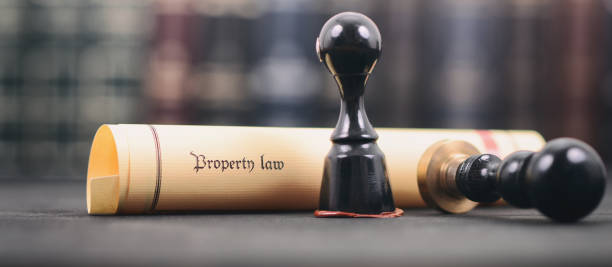
4 Requirements Inventions Need to Satisfy to Be Patented
When it comes to the intricacies of patent law, there is quite a bit of confusion regarding what can or cannot be patented. Consider the case of a basketball’s design and the free-throw technique; the basketball design can be patented, whereas the free-throw technique can not! That is because the former satisfies four various requirements, while the latter does not.
To paint a clearer picture, we’ll be discussing four requirements that make an invention patentable. Read on to find out more.
Requirement #1: Subject matter must be patent eligible
The first requirement for something is that the subject matter must be patent eligible in the first place! The eligible subject matters include processes, machines, manufactured products, new compositions, or a unique variety of plants that are asexually reproduced.
However, even if the subject matter fits in one of the categories above, some things are still not patent eligible. For example, mathematical formulas and laws of nature cannot be patented. Processes done entirely through the human body or mind also cannot be patented, such as the free throw example given earlier!
Requirement #2: Must be novel
The second requirement for anything to be patented is that it must be “novel;” in other words, it must be new! It should not be related or derived from anything that already exists in publications, prior patents, or any documented media.
This requirement tends to get a little complicated, as a new invention can end up not being “new.” For instance, there is a one-year limitation where an invention needs to be filed as an application within one year of first disclosure; otherwise, not even the creator will be able to patent it!
However, something else kicks in for such scenarios. For example, if you disclose that invention to someone else and they try to file before you, the “prior art” rule will kick in, meaning that they cannot receive the patent because you created the idea before they did and they tried to copy your invention! This gives you some time to prepare your application within a year of disclosure. However, the US is a first-to-file system, and no longer a first-to-invent, so it is still very important to race other potential inventors to the patent office.
Requirement #3: Must be useful
The third requirement states that the subject matter must be useful. This is a requirement that is easily fulfilled, as the inventions are generally built to accomplish something!
However, other factors are taken into consideration. For example, dangerous and illegal inventions, while having utility, are useful, but in a harmful way. This can cause the patent to be rejected!
Another consideration is whether the item is an aesthetic, ornamental design or functional. If it is a design patent, then this third requirement does not have to be satisfied.
Requirement #4: Must not be an obvious improvement
The fourth requirement maintains that a subject matter to be patented must not be obvious. What this means is that the invention itself should not be an apparent creation. For example, simply changing the color or size of a machine does not make the machine patentable. In other words, for something to be patented, the inventor needs to have put the time and effort and utilize knowledge not commonly found in the field to create a radically new product or something that isn’t an easily achieved stepping-stone from what is already known.

Conclusion
Patents can be extremely confusing at times, and the line between what is patentable and what cannot be patentable can be quite blurred. Unfortunately, patents also come with many issues themselves, such as disputes over infringement of patented inventions and other such nuances!
Regardless of the issue, a patent and trademark attorney can help you navigate legal issues and potential solutions in a sea of ever increasing complexity. This will increase your chances of success in winning the case and achieving your goals!
Patent Lawyers is a firm of professional attorneys that offer legal services and advice on patent, trademark, and copyright laws. We help businesses find their way through legal mazes and work to being success to their inventions! If you need a patent lawyer in Houston to patent your inventions, connect with us today!

